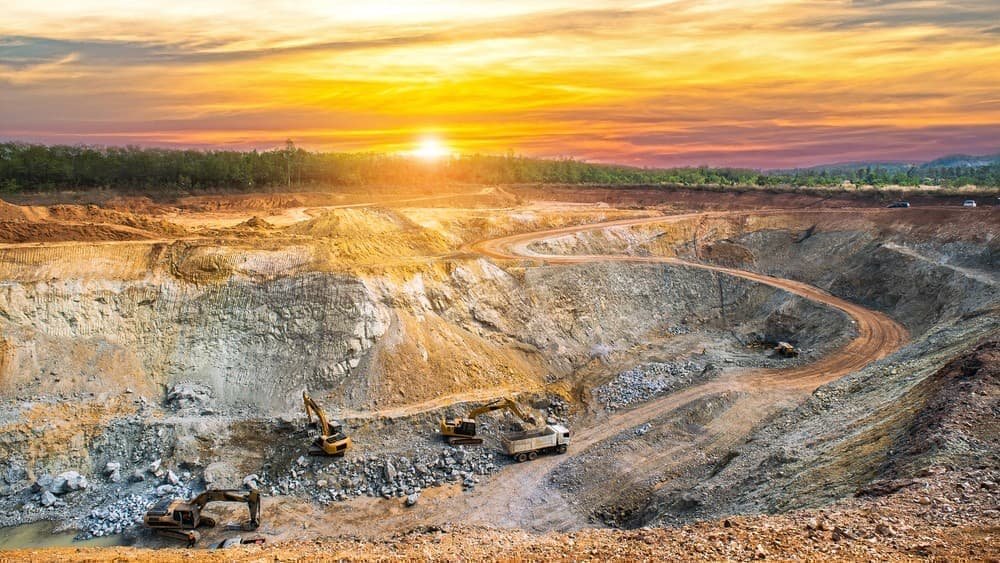Rio Tinto Chairman Dominic Barton cautioned that the sluggish rates of investment in the global mining sector pose a serious threat to the ongoing energy transition worldwide.
In a stark wake-up call to the global community, Rio Tinto Chairman Dominic Barton cautioned on Monday that the sluggish rates of investment in the global mining sector pose a serious threat to the ongoing energy transition worldwide.
Speaking via video link at the Ecosperity conference held in Singapore, Barton emphasized the critical importance of closing the widening supply gap in essential minerals like copper to facilitate the global shift towards sustainable energy sources.
“The gap is humongous, and I am actually very worried about whether we will be able to close it,” Barton expressed his concerns during the conference.
The ambitious global initiative to curtail carbon dioxide emissions, crucial for combating climate change, hinges heavily on securing substantial supplies of key minerals such as copper, lithium, and cobalt. These minerals are indispensable in the construction of infrastructure for electric vehicles, solar power plants, and wind farms, all pivotal components of the transition to clean energy.
According to insights from the International Energy Agency, the demand for metals per kilowatt of generation capacity has surged by 50% since 2010. Moreover, electric vehicles necessitate six times more minerals compared to traditional combustion engine vehicles, further amplifying the demand for these critical resources.
Barton underscored that the challenge isn’t solely the scarcity of minerals but also the lack of capital essential for developing new mines, a process significantly more protracted than in previous years.
“The mining industry has significantly reduced its investments since the 2015-2016 period… We’re hundreds of billions of dollars below what we need,” Barton stated, highlighting the substantial deficit in required investments.
He emphasized the imperative for the industry to cultivate trust, acknowledging its failure in persuading the public of its indispensable role in the global decarbonization endeavor. Barton stressed the necessity for improved public relations efforts, citing Rio Tinto’s own missteps in 2020 when the company faced backlash for destroying rock shelters considered sacred by Aboriginal communities, a move Barton characterized as “terrible” and “embarrassing.”
Scott Clements, a partner at Tribeca Capital, echoed Barton’s sentiments, emphasizing the vast opportunities that still exist within the mining sector capable of yielding remarkable returns. He emphasized the industry’s challenge to position itself as a proactive contributor to solving global challenges rather than being perceived as a hindrance.
“The challenge for the industry is to be seen as part of the solution and not part of the problem,” Clements emphasized during the conference.
As the world grapples with the urgent need for sustainable energy solutions, Barton’s warning serves as a crucial reminder of the intricate interplay between mineral resource availability, investment, and the success of the global energy transition. Failure to address these issues effectively could jeopardize the attainment of crucial climate goals and hinder progress towards a more sustainable future.
